Happier mums and dads reflect positive emotions that enhance the parent-child relationship. Here are 6 things you can do to increase your happiness quotient.

1. Make time for activities you enjoy
Children need playtime. Similarly adults need some space for recreation or “me” time. If you need an hour to read, play that game or watch that drama, plan for it. Can your spouse take over for that hour? Can you push back a chore to make it happen, or do it after the kids are asleep?
Self-care makes for a better and happier parent. It’s all about how far you are willing to compromise. Some working parents schedule their exercise time within their workweek; either going for an early run prior to work, during lunch hour or leaving work on time for that quick workout at the gym.
Activities you enjoy by yourself can be adjusted too. For Jonathan Ji, 31, father to a 14 month-old girl, the basketball sessions he enjoys with his friends are reduced at this stage of family life. However, he finds other avenues for sports such as going for strolls, cycling or swimming with the family. That way, he can prioritise time with his family and also do the sports he enjoys.
⇒ Related Read: Family bonding ideas
2. Celebrate achievements
Are you self-critical when it comes to parenting or any aspect of your life? Although it is important to know our shortcomings and continuously seek improvement, having a balanced view of yourself will make you happier.
Celebrate your achievements. What needs of the children have you met? What are the things you have planned or decided on which resulted in positive outcomes for them? Whenever you feel you are coming up short, think back upon these achievements, no matter how small. Show appreciation and encourage your spouse too and look out for each other’s well-being.
⇒ Related Read: Teaching children how to receive compliments and gifts
3. Update your spouse on your plans
We all have activities that energise us and friends whom we love to spend time with. It may seem impossible to carve out time with friends when family time takes priority, but with careful planning it is possible.
Edwin Teoh, father to a 5 year and 1 year old, slots in times for meeting old friends or drink sessions with colleagues. He schedules such sessions, informs his wife and gives her ample time to plan or prepare when he has to be away.
For Jonathan, he takes partial leave occasionally to balance that time at home if he is attending dinner gatherings or full day leave for seminars or events that he is personally interested in. Likewise, if his wife has something on, he takes leave to be at home with the baby so she can go for her own activity. Mutual understanding is key.
⇒ Related Read: What is the 80/20 rule to relationships?
4. Make your routine intentional
Fix it into your calendar so that it becomes intentional. That French class or night course you have been eyeing – talk to your spouse and plan it in. For Sheryl, 34, a mother of one, has always wanted to explore different kinds of sports with her colleagues. She worked out a fixed routine for her and her husband where Wednesday nights are her husband’s free nights to do what he wants, and Thursday nights are hers.
This plan helps her to go for body combat classes, badminton, swimming or Pilates with her colleagues on Thursdays. She feels good that she can try new things for herself and not have to rush home. For public holidays, it is a mutual understanding that he can head off for his time – be it a race, or team sports with friends in the morning, while afternoon onwards is for family. The pre-arrangement makes it easier for them to commit and slot in events with friends in advance.
5. Know your priorities

Everyone’s circumstances are different. You may be going through a tough period at work, or your children may be at different development stages such as infancy or transiting to Primary school. There is a season in time for everything. Edwin shared that he would have liked to play golf more frequently but as the second child is only 1 year-old, he recognises and accepts that certain personal pursuits may have to take a back seat temporarily. He understands that children are only young once, and he is committed to be there for the early years.
6. Power of gratitude
In 2007 research by Robert Emmons, it was found that expressing gratitude improves mental, physical and relational well-being. Being grateful also impacts the overall experience of happiness, and these effects tend to be long-lasting. Appreciate yourself for the things you have done, whether it was making time to be there for your child’s performance, being there to witness their early milestones, or to support or encourage your spouse.
⇒ Related Read: Teaching kids how to be grateful
To some, this may come naturally, while others may need to cultivate this sense of appreciation in a more concrete manner. You can cultivate gratitude by keeping a ‘gratitude journal’ or a ‘Thank Your List’ by writing down at least three positive things you are grateful for. Or you can sit down and take a few minutes to relax before thinking about the things you are really grateful for. Whatever comes to mind, take it and slowly build on that thought. Having a grateful heart and mind begets contentment, and in turn, makes you a happier parent.
By Som Yew Ya.
This article was first published in The New Age Parents online magazine.
* * * * *
Like what you see here? Get parenting tips and stories straight to your inbox! Join our mailing list here.
Want to be heard 👂 and seen 👀 by over 100,000 parents in Singapore? We can help! Leave your contact here and we’ll be in touch.




































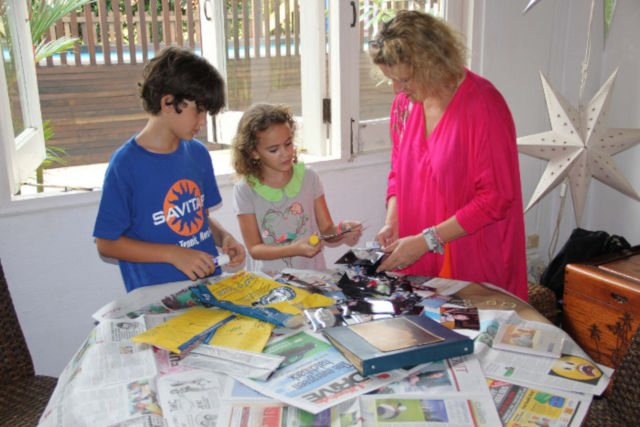

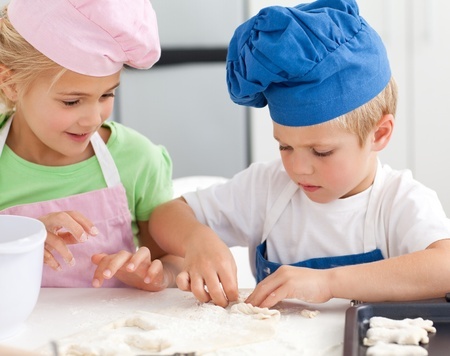

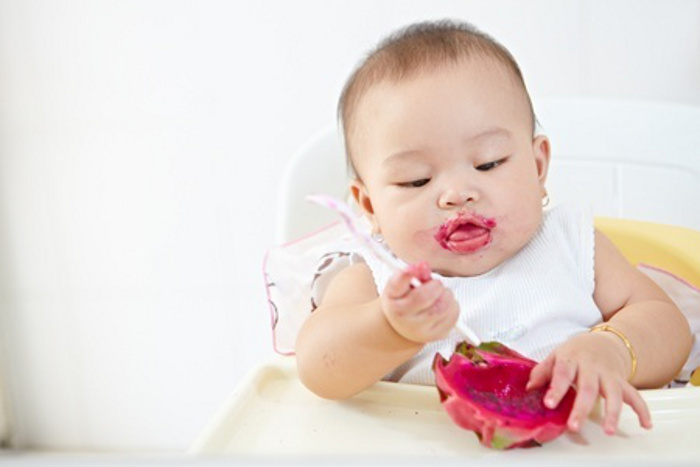

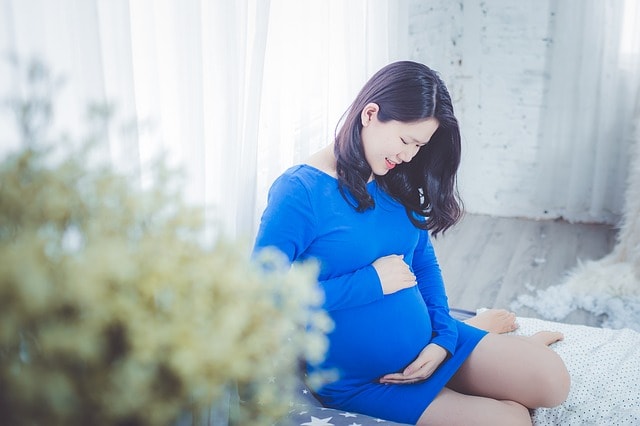
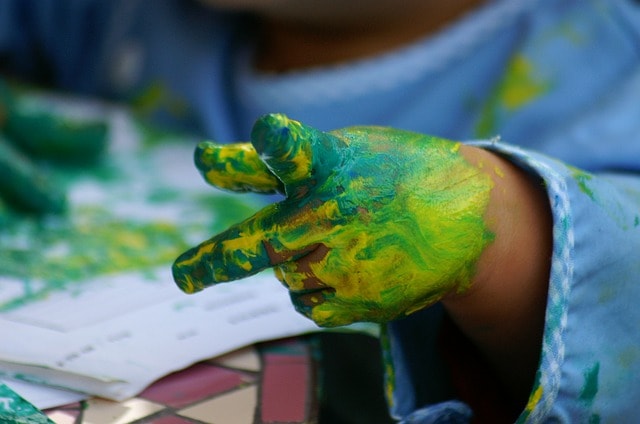













Leave a Comment: